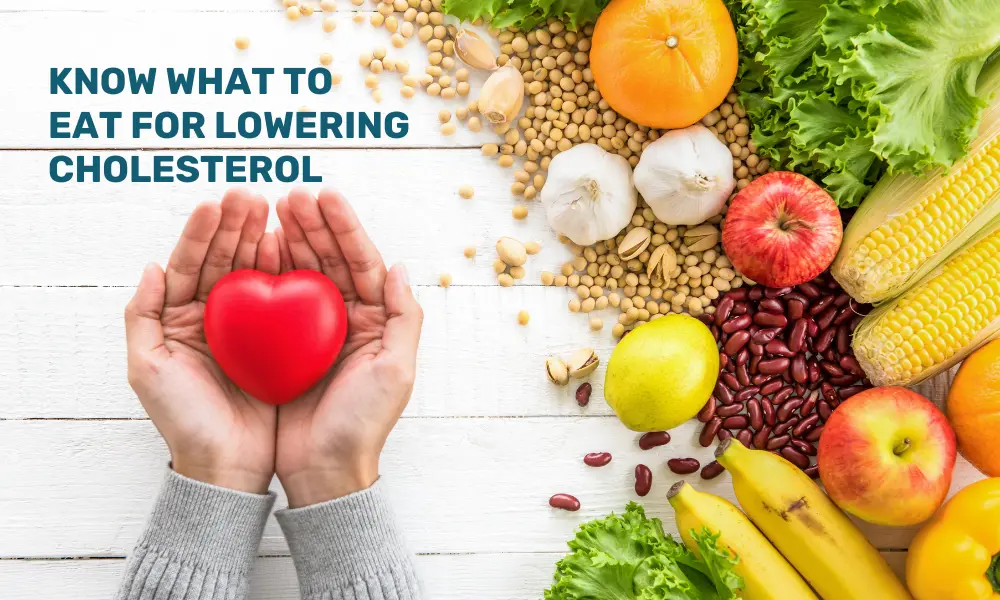Cholesterol is a fat like substance (also called a lipid) that our body needs to function correctly. Too much of bad cholesterol in our blood can increase our chance of getting heart disease, stroke, and other problems.
Therefore, we must control our cholesterol levels, especially the LDL cholesterol.
Diet is a crucial factor influencing cholesterol levels in the body. In some cases, changes in diet alone can quickly lower cholesterol levels, especially harmful LDL cholesterol.
Here are a few dietary tricks that can help regulate lipid levels swiftly.
Diet has a major impact on our cholesterol levels, with the risk of lipid level increase becoming particularly evident after the age of 40. As we age, the body becomes less efficient at removing excess cholesterol. However, high cholesterol is a problem affecting people of all ages, increasing the likelihood of cardiovascular diseases, heart attacks, and strokes.
Physical activity and dietary habits significantly influence cholesterol levels, offering several nutritional solutions to address this issue.
Dietary Tricks for Lowering Cholesterol
To lower your cholesterol through diet, consider incorporating these specific products regularly. Some stand out for their properties that benefit regulating lipid levels in the body. However, one must consult a nutritionist for professional help and guidance.
Nuts: Eating a handful or two of nuts daily, such as almonds, walnuts, or Brazil nuts, can lower cholesterol levels, increase good HDL cholesterol, and provide vitamin E, which may neutralize some adverse effects of LDL cholesterol.
Legumes: Due to their soluble fiber content, diets rich in legumes can help lower bad LDL cholesterol. Lentils, chickpeas, red beans, and black beans are excellent choices.
Green Tea: Drinking two cups daily can lower LDL cholesterol levels. Green tea is high in antioxidants and catechins, that help eliminate LDL from the body and reduce the formation of atherosclerotic plaques.
Kimchi: Many factors influence cholesterol levels, including the gut microbiome. A diverse gut microbiome can transform bad cholesterol into coprostanol, which is removed from the body. Eating even an additional 7g of fiber daily can reduce the risk of heart disease and strokes by 6%.
Oatmeal (Steel-Cut or Regular): Oatmeal is an excellent source of soluble fiber called beta-glucan and can be effective in a cholesterol-lowering diet. Steel-cut or regular oatmeal, which is less processed, contains more of this beneficial fiber.
Drip Coffee: The relationship between coffee and cholesterol can be complicated for coffee lovers. However, filtered coffee, such as drip or instant coffee, is recommended for those concerned about cholesterol levels due to its lower cafestol content.
Incorporating these dietary habits can provide a natural and effective way to manage cholesterol levels, offering some individuals a potential alternative to medication. However, one must ensure that cholesterol levels are checked regularly.




